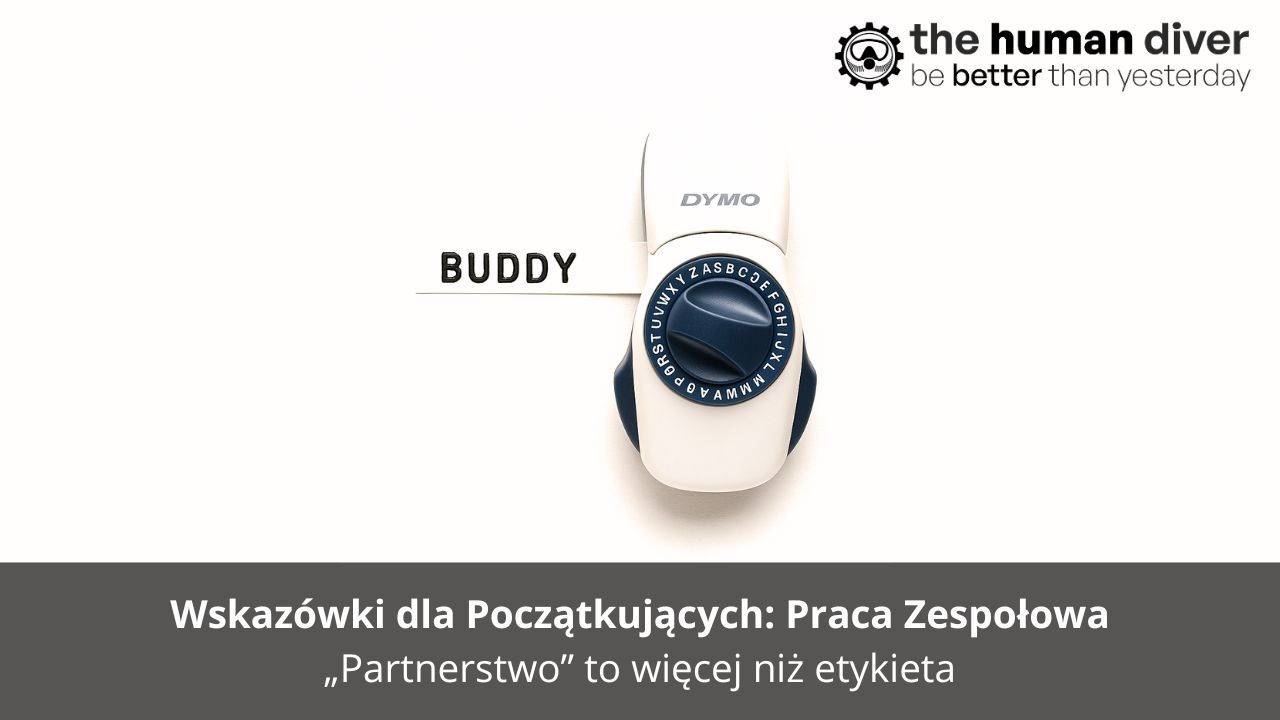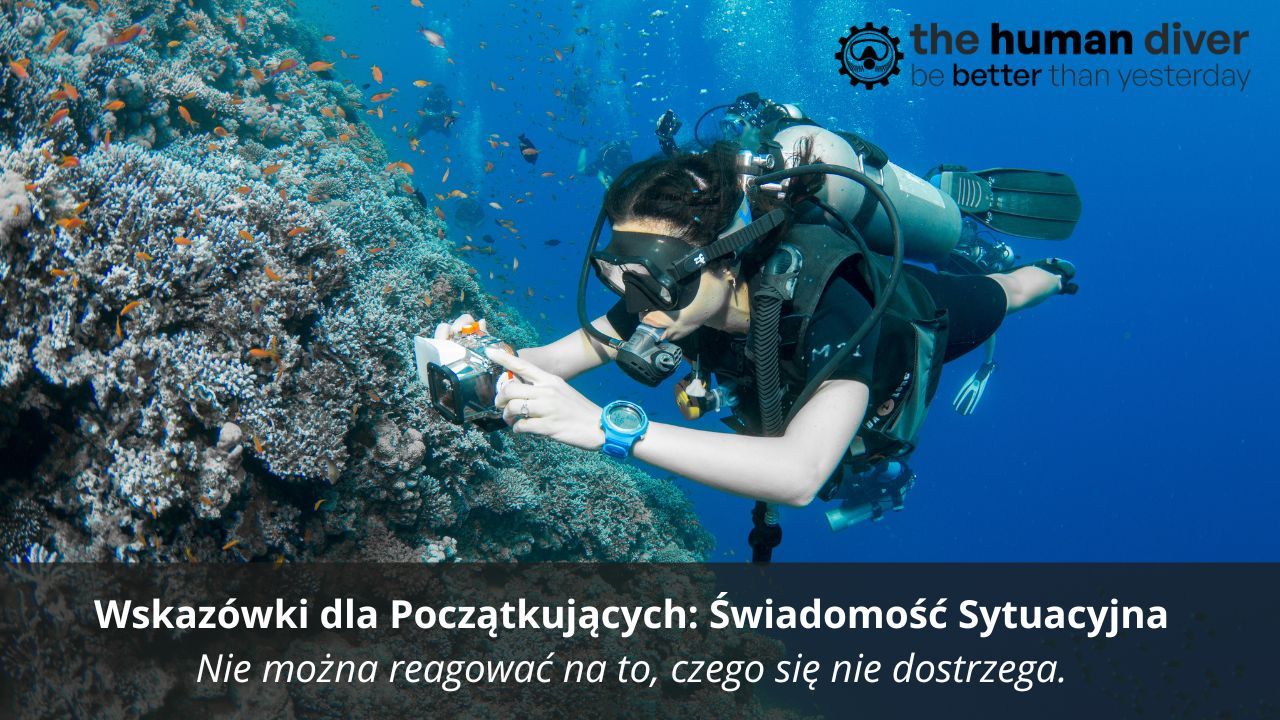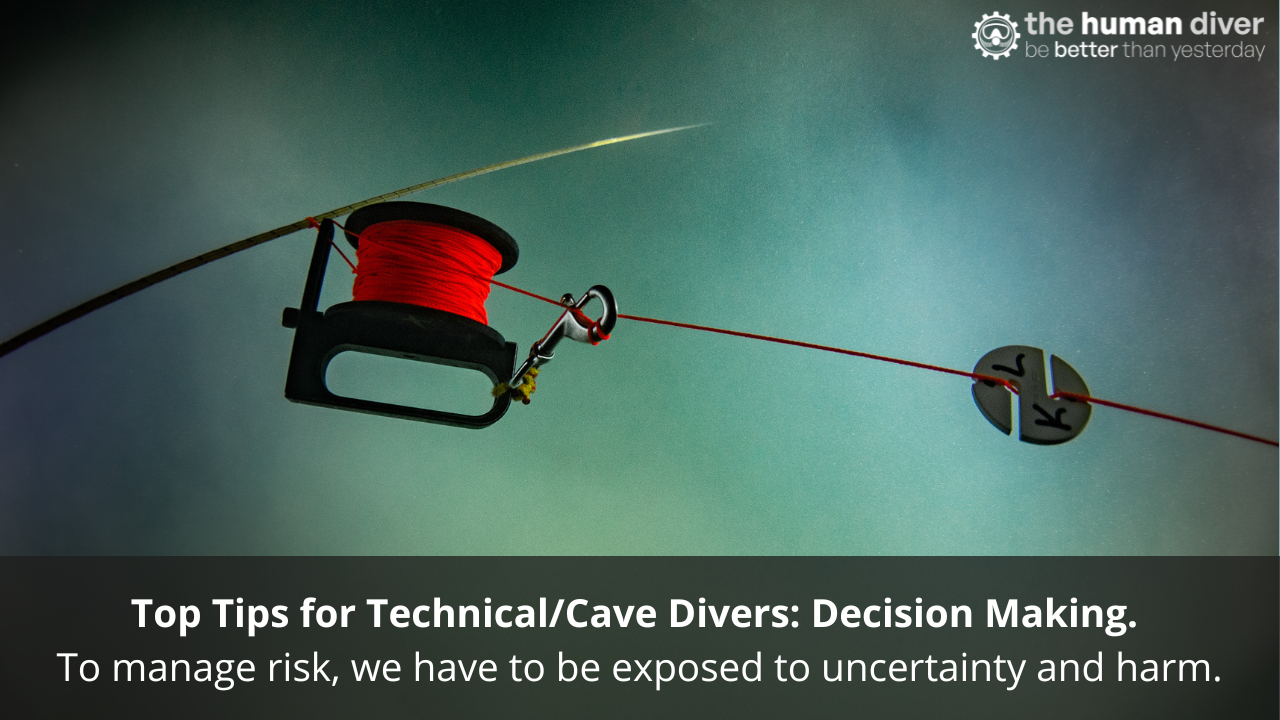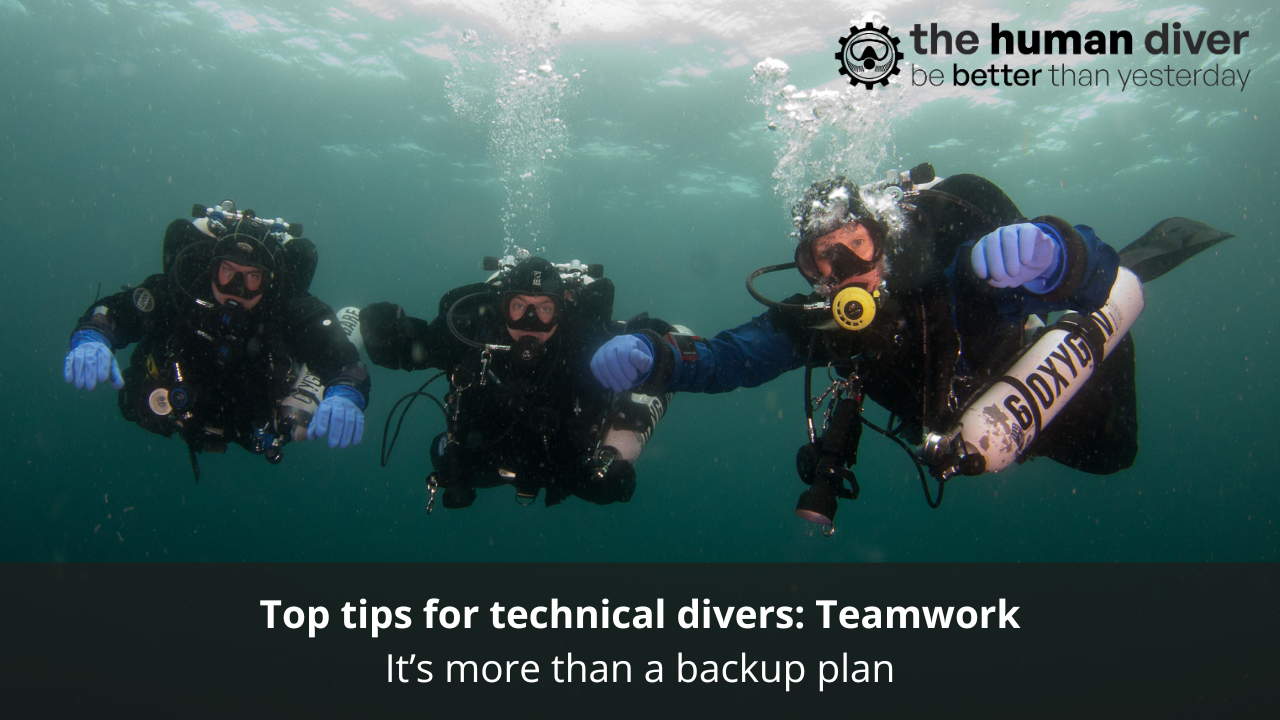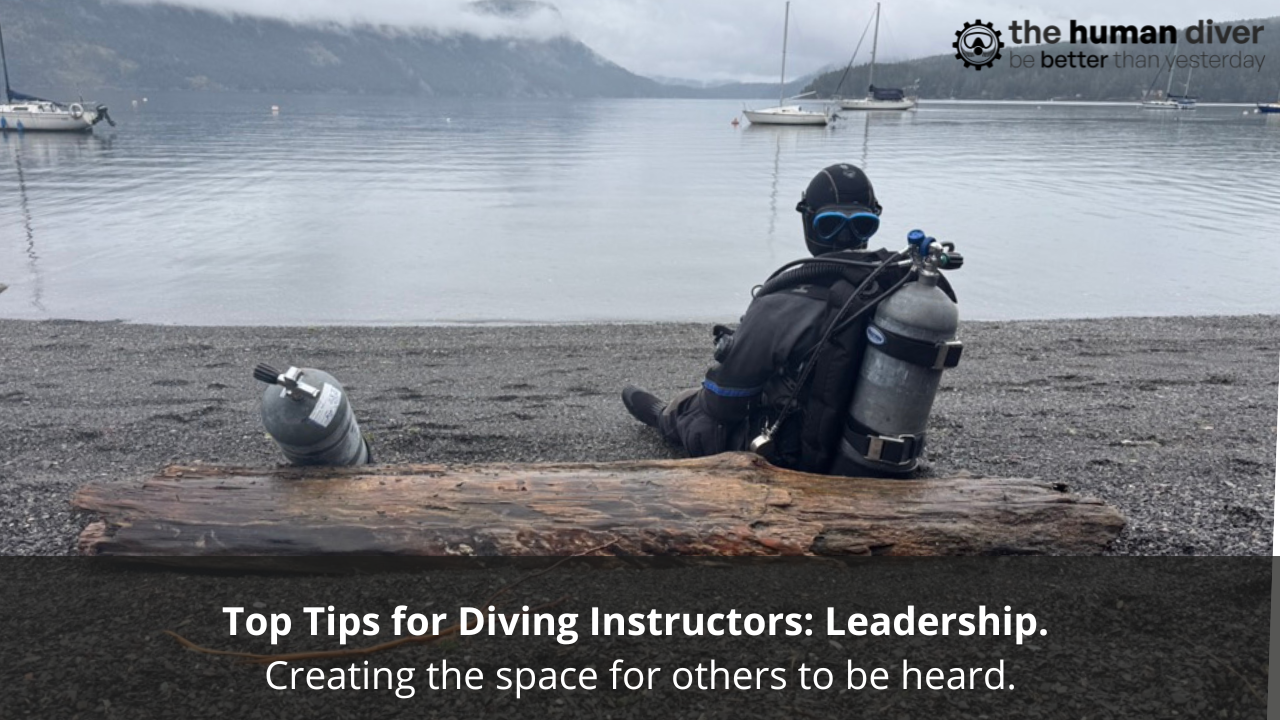
The Curse of Knowledge
Feb 28, 2024I’ve been on holiday this week. I’m the kind of person who likes to do things rather than just relax, so of course this holiday has involved diving. In fact, I ended up taking a course. The main reason for taking it was to learn. That’s the reason most people take classes and it certainly applied to me. But after I’d finished, I realised it had an added bonus; it reminded me once again what it’s like to be a beginner.
The problem with teaching, whether it’s diving, academics or anything else is that teachers and instructors forget what it’s like to not know something. And they forget what it is that students might not know. We call this the Curse of Knowledge.

One of the most memorable examples of this happened on 25th October 1854. The British were supporting the Ottomans against the Russians in the middle of the Crimean war. The British were struggling. The Russians had overwhelmed the Ottomans and taken some of their positions. The commander, Lord Raglan gave the order “Cavalry to advance and take advantage of any opportunity to recover the Heights. They will be supported by the infantry which have been ordered to advance on two fronts.” Lord Lucan, the cavalry commander, received the order and decided he should wait until the infantry had arrived to support them. From his vantage point Lord Raglan could see that the Russians were about to take away some of the British cannons. This would be a huge loss and a personal insult to Lord Raglan who wanted to emulate his mentor the Duke of Wellington who’d never lost a gun. He couldn’t understand why his orders weren’t being followed. So he sent another message. This one said “Lord Raglan wishes the cavalry to advance rapidly to the front, follow the enemy and try to prevent the enemy carrying away the guns. Troop horse artillery may accompany. French cavalry is on your left. Immediate.” The man he chose to deliver the message was a Captain called Louis Nolan. Unfortunately Captain Nolan thought Lord Lucan was a weak and timid leader. When he handed over the note, Lord Lucan questioned it, seeing that it could lead to a dangerous situation for his men. Captain Nolan replied “Lord Raglan's orders are that the cavalry should attack immediately.” Lord Lucan replied “Attack sir! Attack what? What guns, sir?”
This is where the curse of knowledge becomes obvious in hindsight. Captain Nolan had been on the vantage point with Lord Raglan, and had seen what was happening and the likelihood that they might lose the cannons. He already disliked Lord Lucan, so didn’t stop to think that Lucan didn’t have all the information. From Lucan’s position, he couldn’t see the Russians trying to take the guns, he only knew that there was a battery of guns at the end of the valley that had previously tried to attack. Captain Nolan’s answer to Lucan’s question confirmed in his mind that that was the target; “There, my lord, is your enemy; there are your guns.” Nolan waved his arm in the general direction of the valley. Lucan, resigned to following directions, gave the order to advance.
“Into the valley of death rode the six hundred”
The light brigade charged, and reached the battery of guns at the far end of the valley. But they suffered heavy losses in the process. After the battle, fewer than two hundred remained on their horses. More than a hundred were killed and nearly two hundred were wounded.

What does this have to do with diving? Well, instructors and experienced divers often see or know things that students or inexperienced divers don’t. But they assume that the novices do know more, leading to problems. And this takes us back to why it’s important for seasoned divers to remind themselves of this. The easiest way is to put themselves back in the position of a novice, by learning something new. In diving, that can mean taking a course, diving in a new environment, or learning a new technique. The charge of the light brigade is obviously a very extreme example of the curse of knowledge. The outcomes for divers are usually a lot less severe, however knowledge not being passed on correctly could still result in a fatality. It can be very difficult to try and see things from other people’s perspective, and it’s hard to know what knowledge novices are missing. By using open questions (“What are”, “Describe”, “Explain to me” etc) the more experienced diver can start to understand how much knowledge the novice has and what gaps need filling. By putting themself in the position of a student they can empathise with others.
I completed what felt like some of my most challenging dives to date this week. They were relatively short, shallow and in a calm environment. It helped to remind me that different conditions can be very challenging, and little things like not being in charge of your own schedule can make a big difference to how you feel. I was lucky enough to join up with a great team who made me feel very welcome and made it clear by both their words and actions that they wouldn’t cut corners when it came to safety and that I wouldn’t be ridiculed for calling a dive or struggling with simple things that I would normally do without thinking. All these points I’m not always able to see from my usual vantage point, so it was a great reminder for me. And for those who are wondering which course I took? Hop on over to the Facebook group and you’ll find out!

Jenny is a full-time technical diving instructor and safety diver. Prior to diving, she worked in outdoor education for 10 years teaching rock climbing, white water kayaking and canoeing, sailing, skiing, caving and cycling, among other sports. Her interest in team development started with outdoor education, using it as a tool to help people learn more about communication, planning and teamwork.
Since 2009 she has lived in Dahab, Egypt teaching SCUBA diving. She is now a technical instructor trainer for TDI, advanced trimix instructor, advanced mixed gas CCR diver and helitrox CCR instructor.
Jenny has supported a number of deep dives as part of H2O divers dive team and works as a safety diver in the media industry.
If you'd like to deepen your diving experience, consider taking the online introduction course which will change your attitude towards diving because safety is your perception, visit the website.
Want to learn more about this article or have questions? Contact us.

